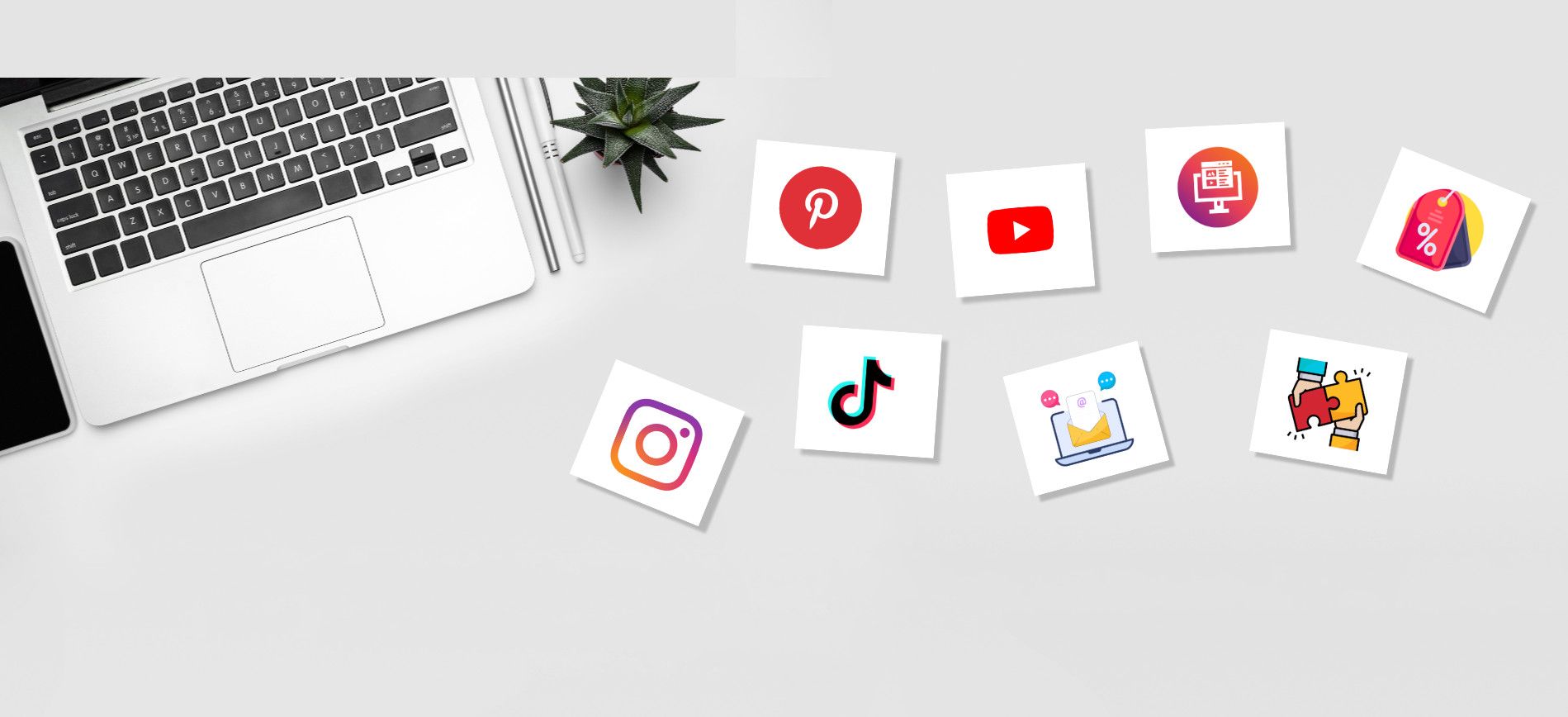The rise of virtual events: why some industries thrive when the world shifts online
October 17, 2023
In a world that's increasingly driven by technology, it's no surprise that virtual events are on the rise. With so many industries embracing the power of the internet, it's only natural that more and more events are being held online. While some industries have been slow to adopt this new trend, others have embraced it with open arms. Here are four industries that have thrived as a result of the shift to virtual events.
Education
The boom of online learning has led to a period of adaptation where educators have had to get creative in order to continue providing students with the same quality content they would provide in-person. Enter: virtual events. Virtual events have allowed educators to host virtual lessons where, just like in the classroom, students can listen to lectures, participate in activities, and engage with their classmates. Here are a few ways in which virtual events have benefitted the educational industry:
- Increased access: Online learning provides greater access to education for students who may not have access to traditional brick-and-mortar schools. This includes students who live in rural areas, students with disabilities, and students who are unable to attend traditional schools for other reasons.
- Flexibility: Online learning allows students to learn at their own pace and on their own schedule. This can be especially beneficial for students who have other commitments, such as work or family responsibilities.
- Cost savings: Online learning can be more cost-effective than traditional education for both students and schools. For students, online learning eliminates travel costs, as well as material costs for bags, or school lunches. For the school, online classes reduce the overall cost of delivering education as they save money on physical printed assets, stationery, school-provided technology and more.
Increased engagement: Online learning can help to engage students who may be disengaged in a traditional classroom setting by providing a more interactive and personalized learning experience. Some students also find it easier to engage with work in the comfort of their own home where they might not feel as much pressure as in a traditional classroom.
Technology
The tech industry is another that has seen great success with virtual events. In fact, many tech companies were already using online platforms to hold events before the pandemic hit. From promotional events to internal organizational events, the tech industry has widely benefitted from hosting virtual events. These benefits include:
- Increased accessibility. Online events make it easier for people with disabilities as they can participate from the comfort of their own homes. This can help to increase diversity and inclusion within the tech industry. Virtual events also provide higher access for international or faraway event attendees who otherwise wouldn’t be able to attend due to traveling time, planning or costs.
- Cost savings: Online events can be more cost-effective than traditional in-person events, as they eliminate the need to rent physical event space and can reduce the cost of logistics and travel for both organizers and attendees. Once again, these cost savings lead to greater event scalability and increased attendance. On the one hand, a higher number of attendees will be able to afford to attend the event. On the other hand, the company doesn’t have to worry about capping attendance based on physical space and other resource availability.
- Increased visibility. With increased accessibility and attendance comes increased visibility. Online events provide an opportunity for tech companies to showcase their products and services to a wider audience, often internationally to those in countries where that tech brand is still growing. This can help to increase the visibility of the company and its offerings and can also help to generate leads and drive sales.
- Improved engagement. Online events can be more interactive and engaging than traditional in-person events, as they often incorporate features such as live Q&A sessions and interactive polls. This can help to increase engagement and make the event more impactful for attendees.
Marketing
When it comes to marketing, virtual events have become a key marketing strategy for increasing brand awareness and loyalty. Here are a few ways in which virtual events have benefitted the marketing industry:
- Increased accessibility and visibility. We’ve covered these points in the previous industries but it’s with mentioning here too. In a profession that often places increased visibility, awareness and lead count as a key goal, virtual events have become an indispensable strategy in marketers’ toolbelts.
- Lower costs mean greater scalability and higher attendance capacity.
- Shorter event planning time. While an in-person event can take the better part of a year to plan (even just booking a venue well in advance can place your event date on the distant horizon), virtual events can take mere weeks to put together. This means marketers can create more frequent events throughout the year which increases the amount and consistency of communication they have with customers and allows them to create and put out more content that increases visibility. After all, smaller bursts of consistent engagement through the year are better than one giant event and then no engagement for the rest of the year.
- Event statistics and data. Virtual events offer marketers a great way to collect real-time data about their target audience before, during and after the event. By tracking attendees' behaviors such as enrolment, and attendance, as well as their engagement with event content, marketers can gain valuable insights into what type of content most resonates with their audience and make necessary adjustments on the fly or for future events. This level of data-driven decision making is invaluable for any marketing team looking to stay ahead of the competition.
Hospitality
The hospitality industry has been one of the hardest hit by COVID-19 due to restrictions on travel and large gatherings. However, even in these difficult times, there are still opportunities for businesses in this sector to thrive—and many of them have found success by pivoting to virtual events.
- Turning to online learning. One benefit the hospitality sector found during lockdown was the ability to harness its services into online learning classes. From cooking to workout classes, hotels took the opportunity to show attendees how to use new skills and start new hobbies.
- Fostering community. Some hotel events set up activities such as games for families, or special interest groups such as cooking groups or reading clubs. Hotels benefited from creating a flowering community around their brands.
As the world becomes more technology-driven, it's crucial to remember that businesses in all industries can still thrive, even during times of crisis like the current one. By embracing new trends like virtual events, businesses can stay relevant, connect with their audiences, and keep operating when traditional methods are no longer possible or viable.





